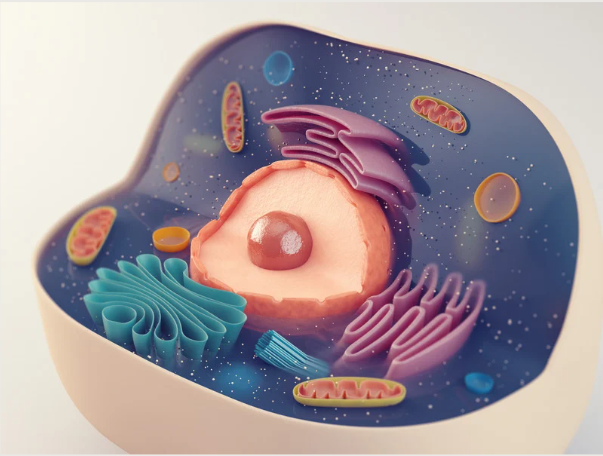In recent years, the idea that our emotional and psychological health profoundly impacts our physical body has moved from the fringes of alternative medicine into the very heart of modern functional medicine. At the center of this revolution is Psycho-Neuro-Immunology (PNI) — the scientific study of how the mind, brain, and immune system communicate and influence each other.
Today, PNI is reshaping how we understand chronic disease, gut health, immunity, and even the way our genes express themselves. And it’s transforming treatment plans too — where mind-body therapies are no longer “extras” but essential parts of healing.
What Is Psycho-Neuro-Immunology?
Psycho-Neuro-Immunology explores the intricate web connecting three major systems:
- Psychology (our emotions, thoughts, mental patterns)
- Neurology (our brain and nervous system)
- Immunology (our immune response and inflammation)
Essentially, PNI studies how our mental and emotional states — like chronic stress, unresolved trauma, anxiety, or joy — can directly influence our immune system’s ability to defend or repair the body.
This means your thoughts and feelings aren’t just “in your head” — they send biochemical signals that can turn genes on or off, impact gut bacteria, regulate inflammation, and either fuel or fight disease.
How Stress and Trauma Impact the Body
When we experience acute stress (like running from danger), our body’s “fight or flight” system is designed to temporarily help us survive. However, in modern life, many people live in a constant low-grade stress state — dealing with job pressure, emotional trauma, financial worry, or even internalized self-criticism.
This chronic activation leads to:
- Elevated cortisol levels (the stress hormone)
- Disruption of gut barrier function (“leaky gut”)
- Increased systemic inflammation
- Immune system dysregulation (overactive or suppressed)
- Alterations in gene expression (epigenetic changes)
Long-term, this can contribute to a wide range of conditions, including:
- Autoimmune diseases
- IBS and other gut disorders
- Depression and anxiety
- Cardiovascular disease
- Fatigue and chronic pain syndromes
Trauma—whether from childhood, relationships, or sudden events—has an even more profound effect, often “hard-wiring” the brain and immune system into a hypervigilant or inflammatory mode.
Mind-Body Therapies: The New Standard
In light of what we know from PNI, functional medicine practitioners are increasingly integrating mind-body therapies alongside conventional treatments. These include:
- Somatic therapies (body-based trauma release)
- Meditation and mindfulness-based stress reduction (MBSR)
- Breathwork (like holotropic or coherence breathing)
- Cognitive Behavioral Therapy (CBT) tailored for health anxiety and trauma
- Yoga, Tai Chi, and Qigong (movement-based healing)
- Biofeedback and Heart Rate Variability (HRV) training
- Hypnotherapy and EMDR (for trauma processing)
These practices don’t just “relax” patients — they literally shift the neurochemical and immune responses within the body, helping to restore balance and promote true healing.
The Future of Health: Treating the Whole Person
PNI teaches us that health isn’t just about diet, exercise, or genetics — it’s deeply intertwined with how we think, feel, and process life experiences. Healing emotional wounds and managing chronic stress are as critical to health outcomes as any prescription or supplement.
As mind-body therapies become mainstream, the future of medicine is looking more holistic, personalized, and profoundly human.






